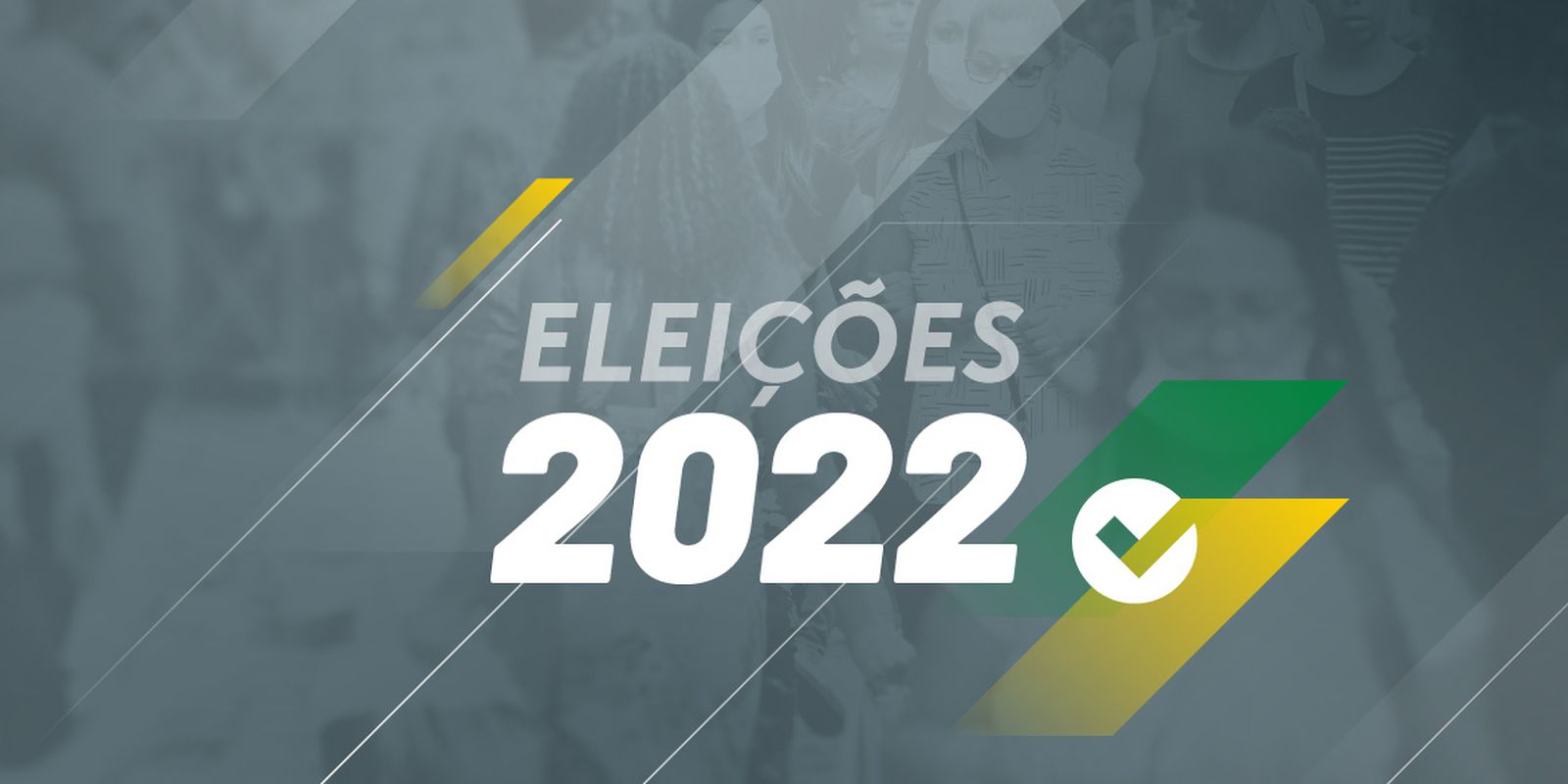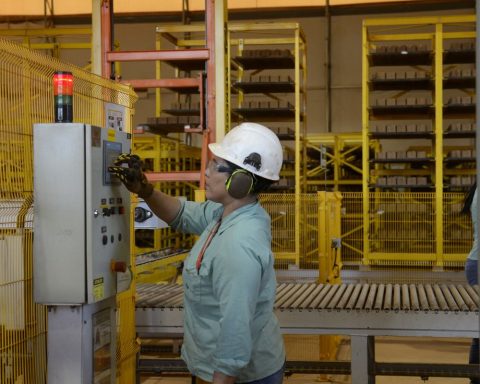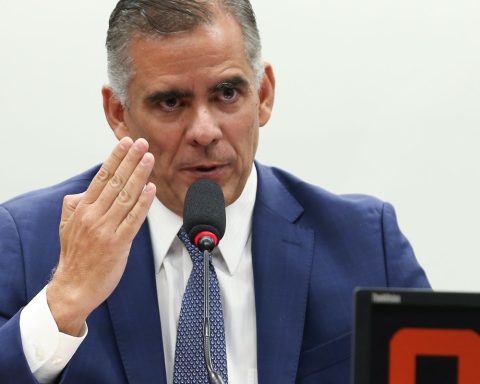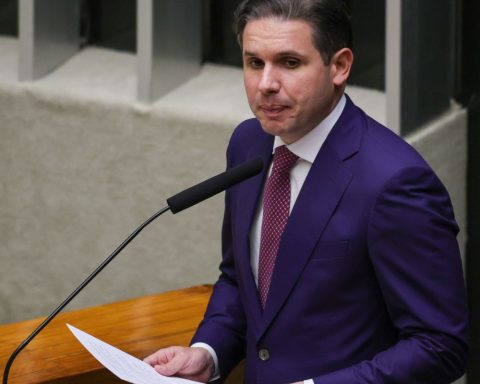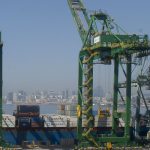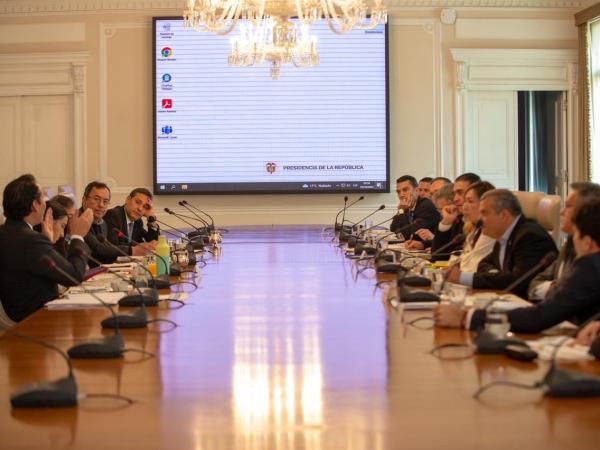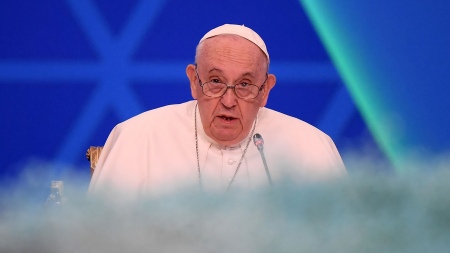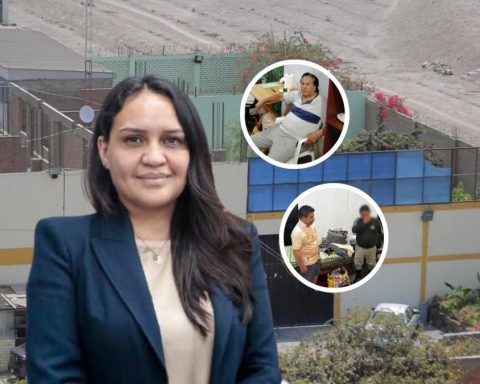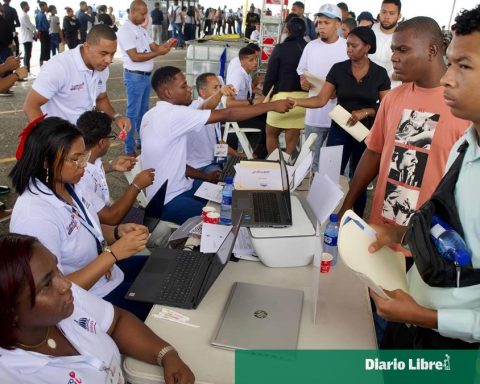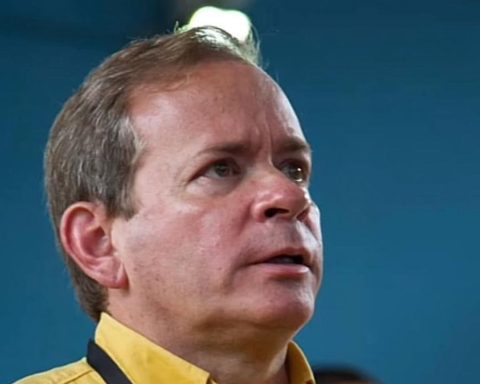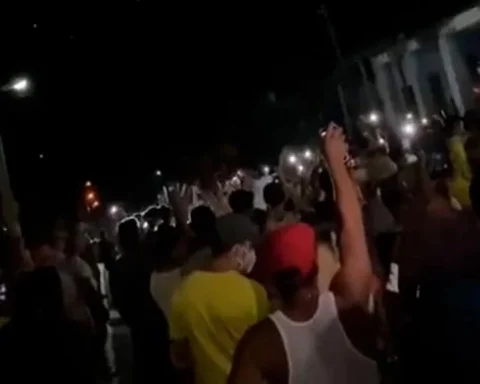The PT candidate for the presidency, Luiz Inácio Lula da Silva, said today (25) that, if elected, he will open dialogue with the National Congress later this year, to guarantee the maintenance of the Auxílio Brasil of R$ 600 from January 2023. The Annual Budget Law Project provides for the benefit in the amount of R$ 405 starting next year. 
“If we win the elections, we will have to start talking to Congress now, so that we can put in the money necessary to fulfill what is planned. You cannot change suddenly, you cannot leave people orphaned by their father and mother at the beginning of the year,” he said in an interview with Rádio Nova Brasil FM.
The candidate, however, once again defended that the program be re-established along the lines of the extinct Bolsa Família, with conditions for people to receive the money. “Bolsa Família has conditionality. In other words, people to receive the Bolsa Família have the obligation to keep their children in school, to give vaccinations to children. If it is a woman who is pregnant, she has an obligation to do all the exams”, he stressed.
In addition to the benefit, the candidate said that, if he takes over the government, he intends to make changes in the budget to increase resources destined for education. “We have to make a huge effort, including reallocation of funds within the budget, so that we don’t leave education out”, he emphasized.
For him, the area should be treated as a priority investment for Brazil. “For this country to become a highly competitive country, exporting intelligence, so that we can be sure that we will compete in productivity and quality with any country in the world,” he added.
Lula also said he was against the spending cap, an amendment to the Constitution passed in 2016 that sets a limit on federal government spending. “I am against the spending cap, because when you made the spending cap, you were pressured by the financial system, which wanted to receive what the state owed you,” he said.
In the candidate’s opinion, it is necessary to have flexibility in the control of expenses to allow investments that bring return to the country. “Fiscal responsibility is within my conception of government. We cannot spend more than we earn. But we can contract a debt if we are going to build a new asset, something that means increasing the country’s productivity, the flow of production, the quality of what we produce”, he defended.
